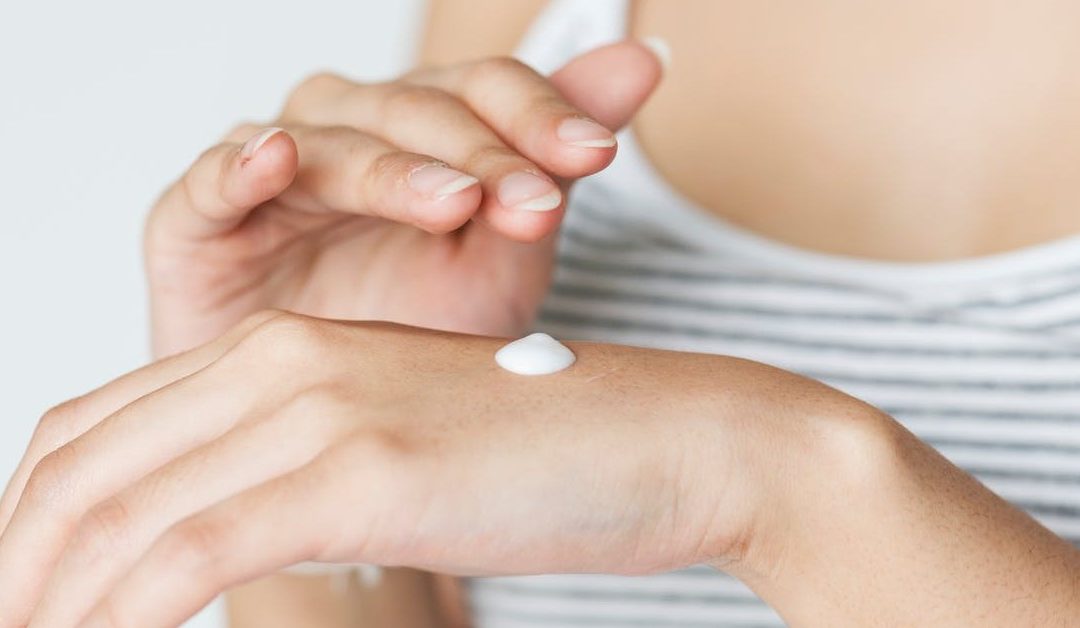There are a plethora of skincare products out there that claim to reduce fine lines and wrinkles, increase collagen, treat acne, and improve overall skin texture. And many of them work. That is because they include an active ingredient called retinoids. But not all retinoids are the same. There are different types, including retinol and tretinoin, the latter of which is also known by its brand name, Retin-A. At our dermatology center in South Florida, we want to make sure you understand all there is to know when it comes to retinol vs. tretinoin.
Retinol and tretinoin are two ingredients that are often used to treat a variety of skin concerns. While they are both forms of vitamin A, they have different properties and effects on the skin.
What Is Retinol?
Retinol is a form of vitamin A that is found in many skincare products. It is a gentler form of vitamin A than tretinoin and is available over the counter without a prescription. Retinol is converted into retinoic acid in the skin, which is the active form of vitamin A that has many benefits for the skin.The Benefits of Retinol
Retinol is an over-the-counter retinoid that does not require a written prescription. It is the precursor to tretinoin and goes through several conversion steps before it becomes pure tretinoin. Retinol isn’t as strong of a retinoid as tretinoin, and it can be applied nightly with moisturizers. Listed below are some benefits of retinol:- Reduces fine lines and wrinkles. Retinol has been shown to increase collagen production in the skin, which can help to reduce the appearance of fine lines and wrinkles.
- Improves skin texture: Retinol can help improve skin texture.
- Treats acne: By increasing cell turnover and exfoliating dead skin cells, retinol can help treat acne by unclogging powers and reducing inflammation.
- Reduces hyperpigmentation: This retinoid can help to reduce the appearance of dark spots and uneven skin tones by increasing cell turnover and exfoliating dead skin cells.
What Is Tretinoin?
Tretinoin is a prescription-strength form of vitamin A that is used to treat a variety of skin concerns. It is more potent than retinol and is only available with a prescription from a dermatologist or other appropriately licensed medical professional. With a higher potency than retinol, tretinoin is more effective in acne treatment and will achieve faster results when treating signs of skin aging.What Is Tretinoin Good For?
Much like many other acid-based topical solutions and creams, tretinoin works to stimulate cell growth by first irritating the skin. It provides roughly the same benefits as retinol, though it is more potent. Listed below are the benefits of tretinoin for the skin:- Treats acne: Tretinoin for acne is a popular treatment due to its ability to unclog pores, reduce inflammation, and prevent the formation of new acne lesions. It can be used to treat both comedonal acne (blackheads and whiteheads) and inflammatory acne (papules and pustules).
- Fades hyperpigmentation: This strong retinoid can improve the appearance of hyperpigmentation, including sunspots, age spots, and post-inflammatory pigmentation caused by acne. It works by increasing cell turnover and exfoliating the outer layer of the skin, revealing fresher, brighter skin underneath.
- Prevents photodamage: By increasing the skin’s natural defense and repairing existing damage, tretinoin can help prevent photodamage (damage caused by exposure to the sun's UV rays.)


